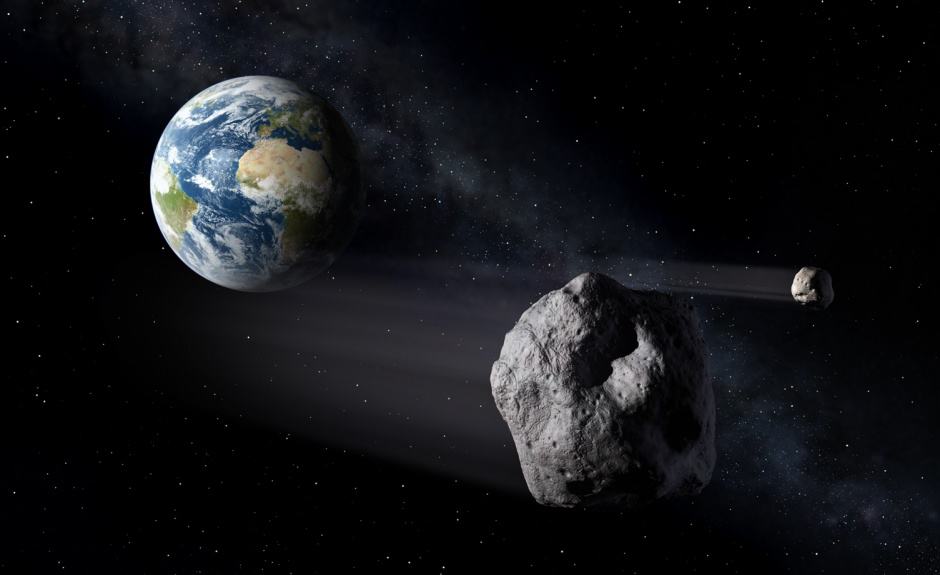
Led by Prof Massimiliano Vasile of Strathclyde University, the pan-European Stardust Reloaded project will build on an earlier project called Stardust, which pioneered new techniques for asteroid and space debris monitoring, removal and deflection, exploiting for the first time the synergies between the communities studying asteroids in and around the solar system, and the one studying space debris locally around the Earth.
Stardust Reloaded will take a leap further, to understand the evolution of the space environment around Earth and how the ever-increasing traffic in space can be safely managed to prevent inevitable collisions and allow a sustainable use of space, which is a necessity given the increasing reliance on space-based products.
As previously reported by The Engineer astronomers estimate that around 1,600 potentially hazardous so-called near-Earth objects (NEOs) are out there. Understanding the behaviour and composition of these objects, and how they might be deflected, is a major area of international research.
The four-year Stardust Reloaded project is aimed at increasing our knowledge of the shape, gravity, composition and dynamics of asteroids and comets, but also how mineral resources on these celestial minor bodies could be exploited.
“There are so many people launching satellites now – particularly smaller and smaller ones – that the risk of collision, and with it the risk of setting off a cascade, is greatly increasing," said Prof Vasile. “With this project, we aim to understand how the growth in satellites orbiting Earth affects the evolution of the space environment and how we can best manage that.
Vasile added that the project will also explore how we might travel to asteroids and tap into the mineral resources that they contain.
https://www.theengineer.co.uk/protecting-planet-large-meteor-strikes/





April 1886: the Brunkebergs tunnel
First ever example of a ground source heat pump?